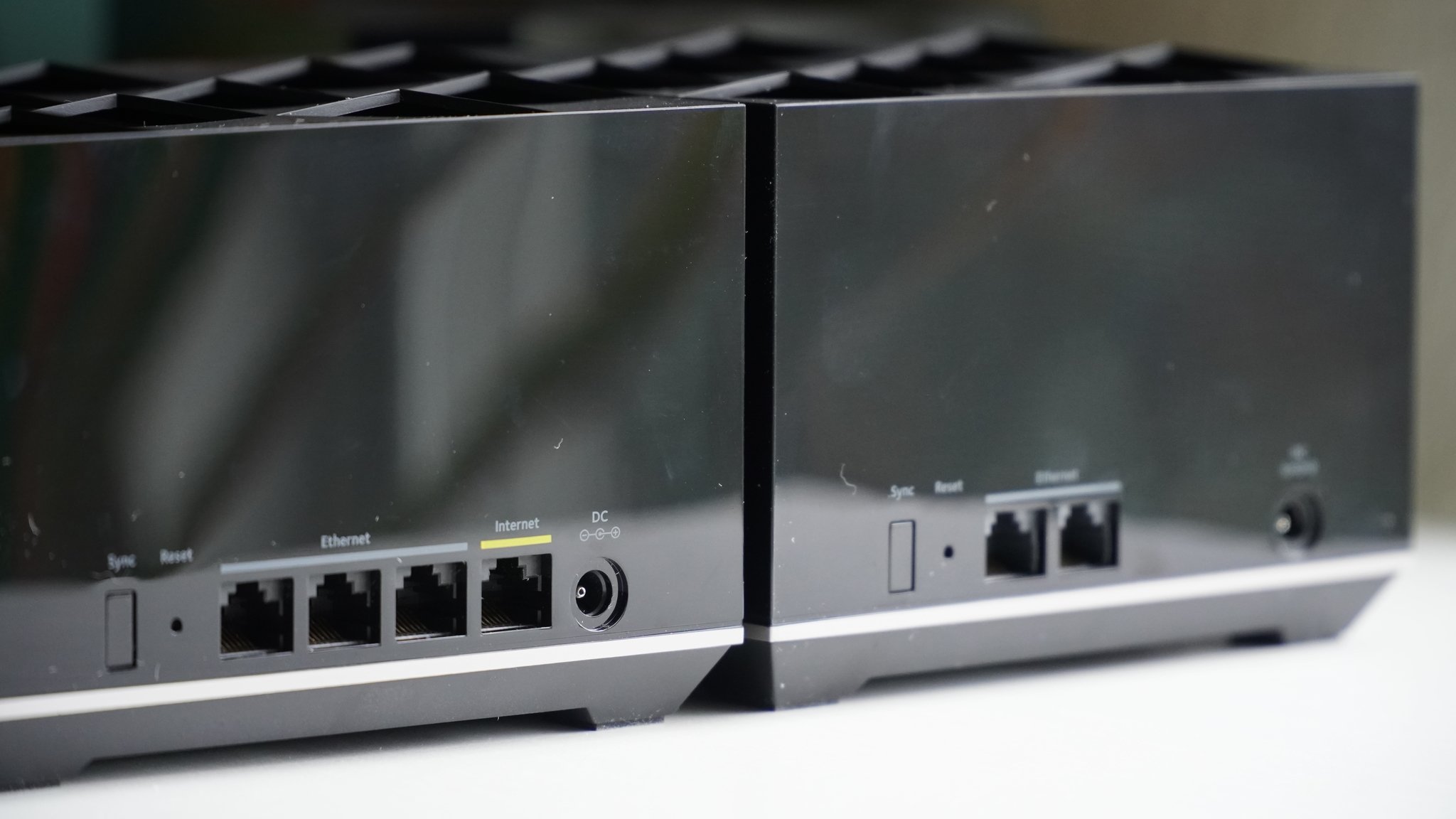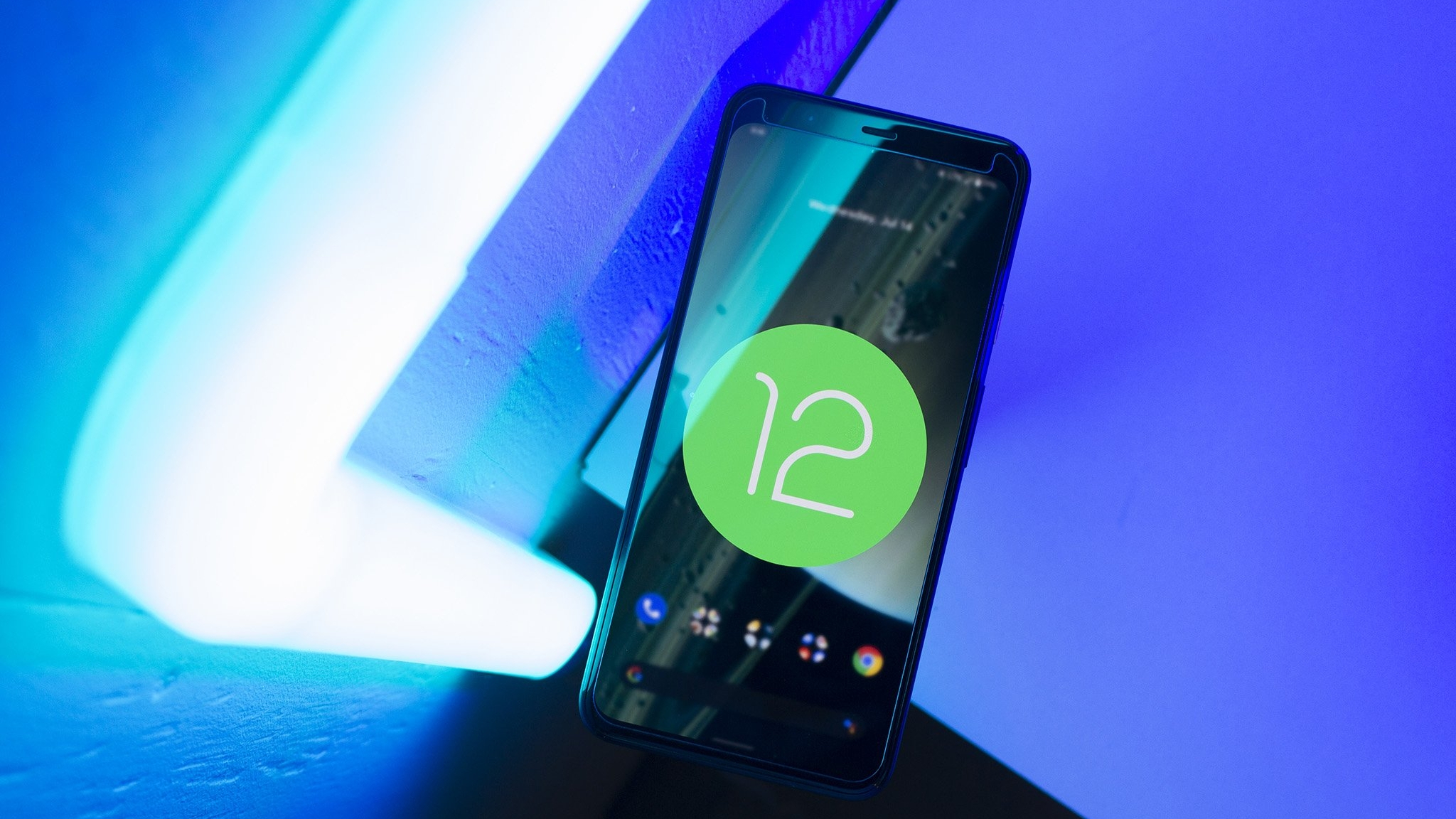The FCC wants to raise the minimum broadband speed
The agency says the current speed is just too slow.

What you need to know:
- The FCC is recommending increasing the minimum broadband speed to 100/25Mbps
- The last minimum speed of 25Mbps down and 3Mbps up was set in 2015.
- Future plans are to increase the download speed to 1Gbps.
The FCC is finally recommending increasing the national minimum for broadband speed.
This news comes after the agency has begun its annual review of the state of broadband in the U.S. They released a statement last week announcing the recommendation.
The last minimum broadband speed was set in 2015 at 25 Mbps for download and 3 Mbps for upload. The previous minimum broadband speed adjustment before 2015 was at a crawling 4Mbps/1Mbps.
Senators and government watchdogs have been urging the FCC since the change in 2015 to increase the limit to better fit modern needs like e-commerce, social media, and distance learning.
"In the years ahead, emerging technologies such as cloud computing, artificial intelligence, health IoT, smart grid, 5G, virtual and augmented reality, and tactile telemedicine, will all require broadband networks capable of delivering much faster speeds, lower latency, and higher reliability than those now codified by various federal agencies," senators Bennet, King, Portman, and Manchin wrote in their letter sent to the FCC in 2021.
Jessica Rosenworcel, the chairperson for the FCC, says our needs have outpaced this seemingly archaic rate.
"The needs of internet users long ago surpassed the FCC's 25/3 speed metric, especially during a global health pandemic that moved so much of life online," she said.
Be an expert in 5 minutes
Get the latest news from Android Central, your trusted companion in the world of Android
"The 25/3 metric isn't just behind the times, it's a harmful one because it masks the extent to which low-income neighborhoods and rural communities are being left behind and left offline. That's why we need to raise the standard for minimum broadband speeds now and while also aiming even higher for the future, because we need to set big goals if we want everyone everywhere to have a fair shot at 21st-century success."
The notice proposed to hike up the national broadband standard to 100 Mbps for download and 20 Mbps for uploads, with a future goal of 1 Gbps/500 Mbps. The exact dates to when these changes could take place have not been released yet.
The FCC also launched a few initiatives over the last year to better understand the shortcomings in U.S. broadband availability.
The agency launched its own speed testing app for users to download on their phones last year, which allowed the FCC to survey the speed and availability of broadband internet access across the country as its continued effort to bring broadband access to communities with poor or no access.
Earlier this year, the FCC proposed all service providers display a simple label "nutrition label" to help consumers make informed decisions and for service providers to back up their claims.
